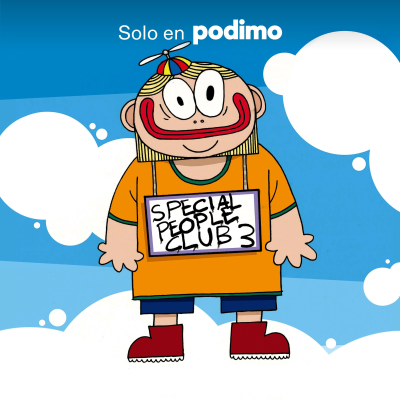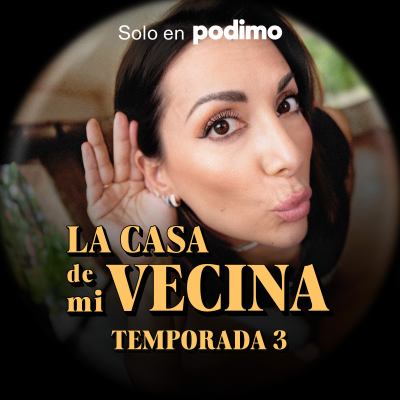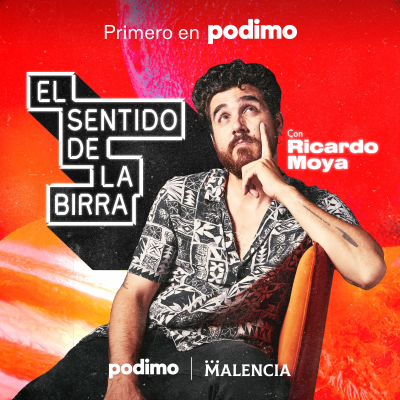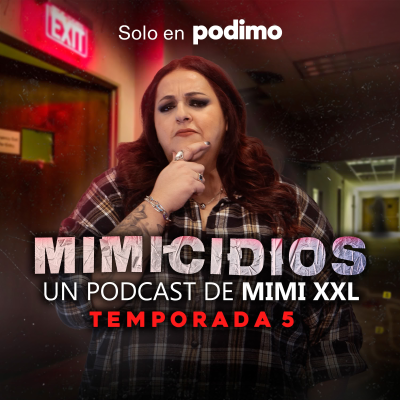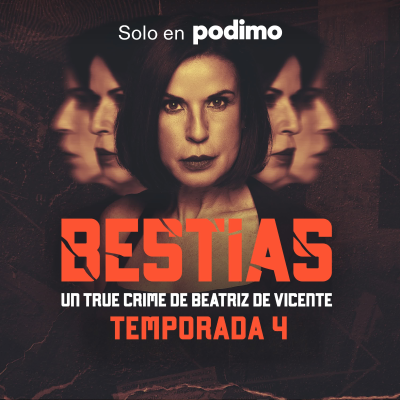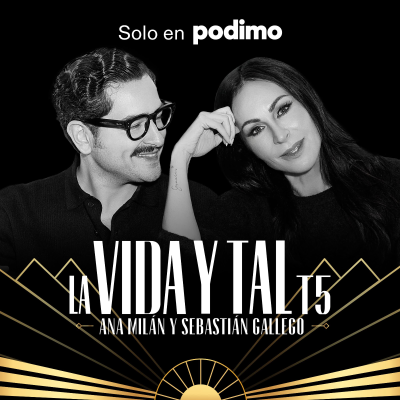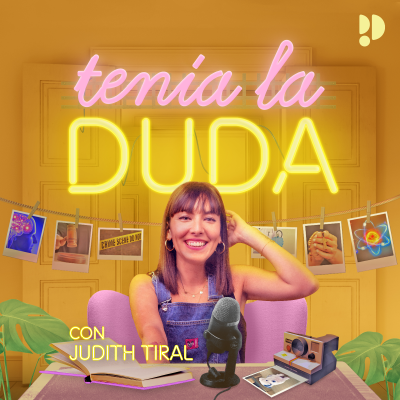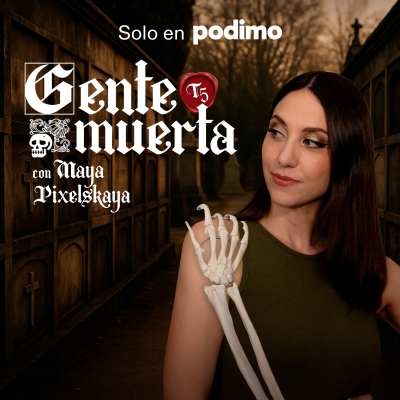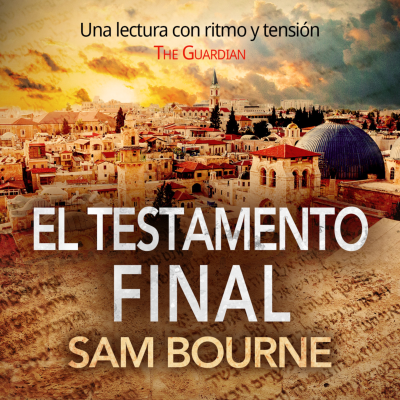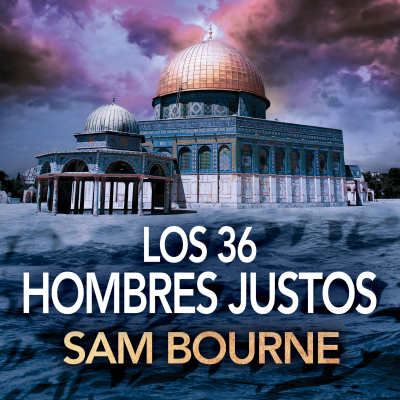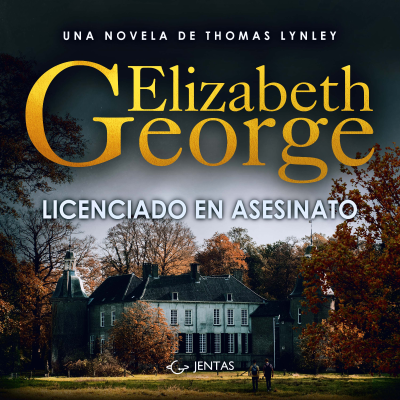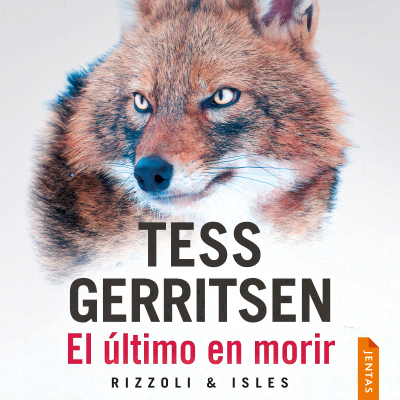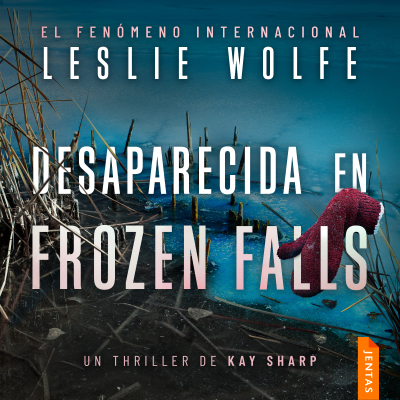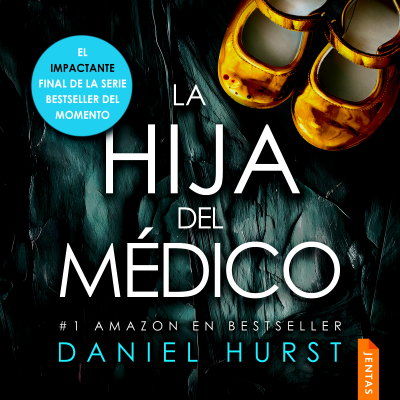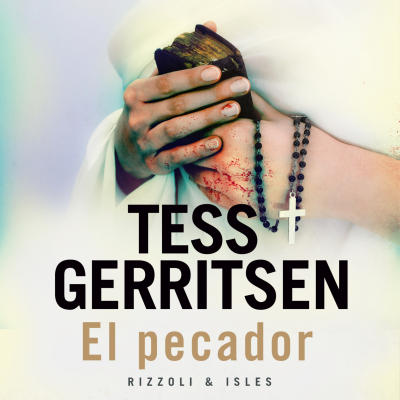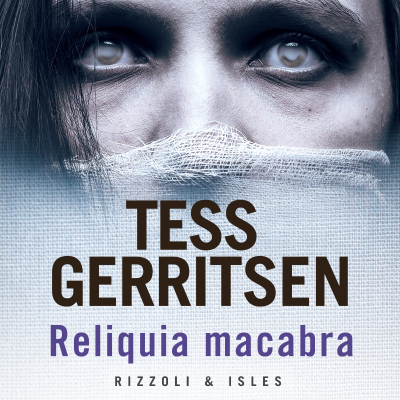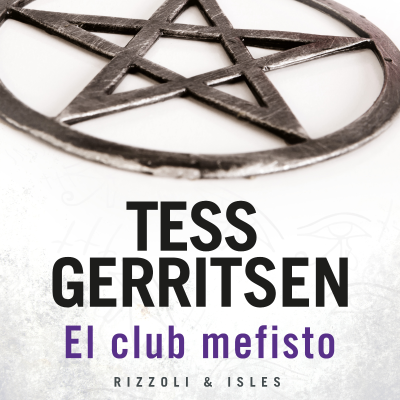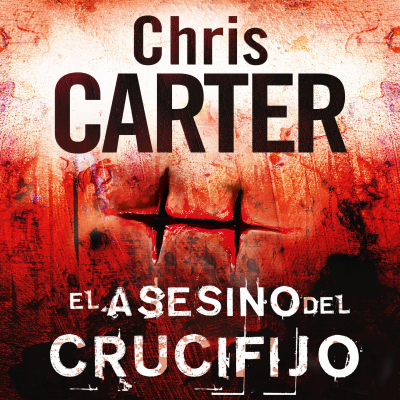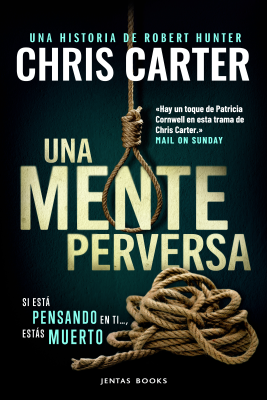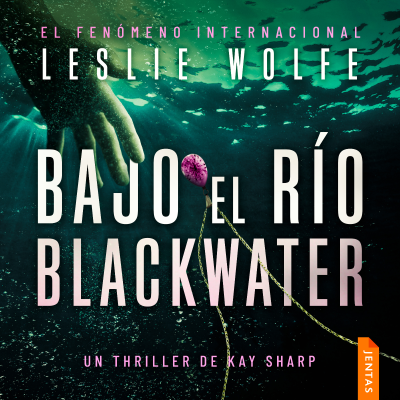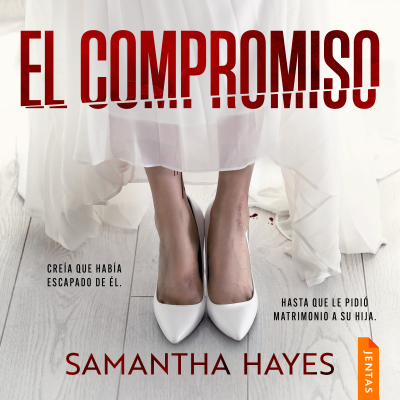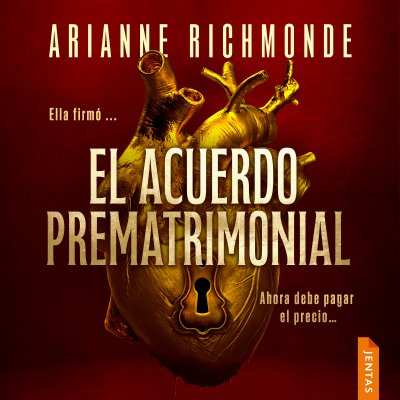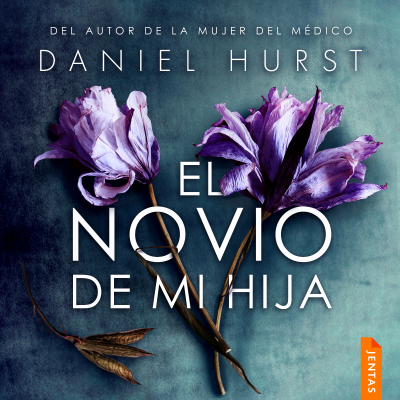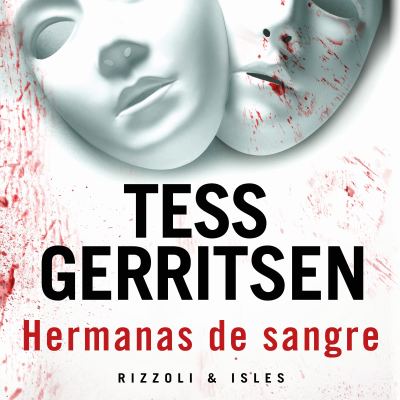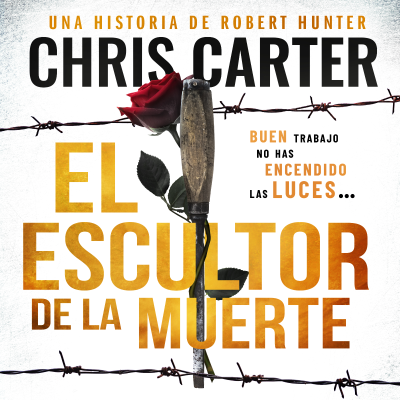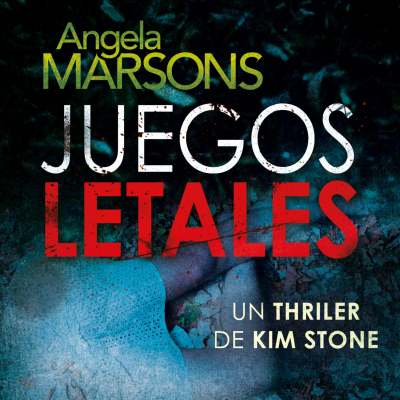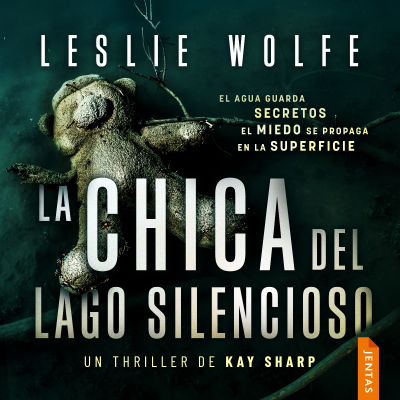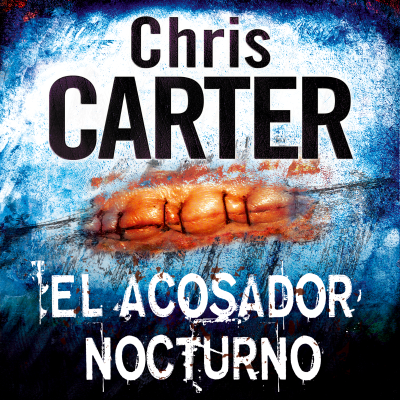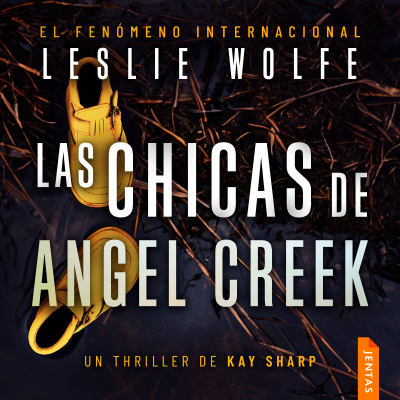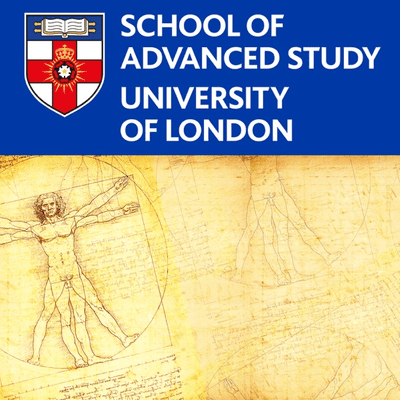
Leonardo da Vinci: Painting as Philosophy
Podcast de School of Advanced Study, University of London
Disfruta 30 días gratis
4,99 € / mes después de la prueba.Cancela cuando quieras.
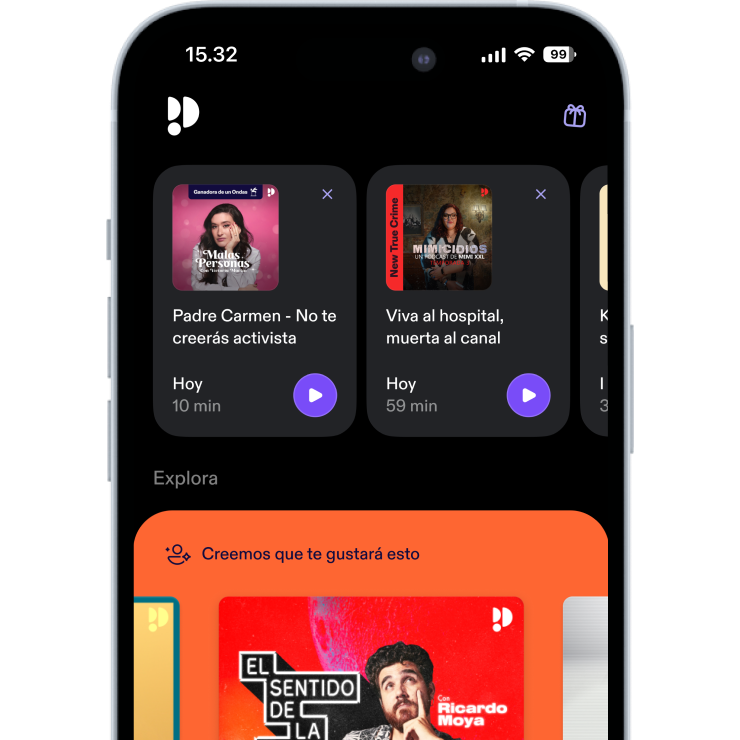
Más de 1 millón de oyentes
Podimo te va a encantar, y no sólo a ti
Valorado con 4,7 en la App Store
Acerca de Leonardo da Vinci: Painting as Philosophy
A conference was held to coincide with the exhibition at the National Gallery November 2011-February 2012. Focusing particularly on his paintings, papers will be asking how Leonardo set about expressing visually different and sometimes competing ideas ...
Todos los episodios
5 episodiosThe Warburg Institute Leonardo da Vinci: Painting as Philosophy - Air, Wind and Atmosphere in Leonardo's Graphic Oeuvre Speaker: Alessandro Nova A conference was held to coincide with the exhibition at the National Gallery November 2011-February 2012. Focusing particularly on his paintings, papers will be asking how Leonardo set about expressing visually different and sometimes competing ideas about the universe and its causes, in a Christian era. What did Leonardo mean by promoting painting as a science, as knowledge, and how should we understand the scientific painting of traditional (or novel) devotional subjects? How did his theory of painting affect his treatment of secular commissions, such as portraiture? How did his thinking change? How did he react to classical thought and the ideas of his contemporaries and what impact did this have on his art? Speakers include Martin Clayton (Royal Library, Windsor), Frank Fehrenbach (Harvard), Francesca Fiorani (University of Virginia), Alessandro Nova (Kunsthistorisches Institut, Florence), Mary Pardo (University of North Carolina) and Robert Zwijnenberg (Leiden).
The Warburg Institute Leonardo da Vinci: Painting as Philosophy - The Context of Leonardo's Anatomical Studies Speaker: Martin Clayton A conference was held to coincide with the exhibition at the National Gallery November 2011-February 2012. Focusing particularly on his paintings, papers will be asking how Leonardo set about expressing visually different and sometimes competing ideas about the universe and its causes, in a Christian era. What did Leonardo mean by promoting painting as a science, as knowledge, and how should we understand the scientific painting of traditional (or novel) devotional subjects? How did his theory of painting affect his treatment of secular commissions, such as portraiture? How did his thinking change? How did he react to classical thought and the ideas of his contemporaries and what impact did this have on his art? Speakers include Martin Clayton (Royal Library, Windsor), Frank Fehrenbach (Harvard), Francesca Fiorani (University of Virginia), Alessandro Nova (Kunsthistorisches Institut, Florence), Mary Pardo (University of North Carolina) and Robert Zwijnenberg (Leiden).
The Warburg Institute Leonardo da Vinci: Painting as Philosophy - Leonardo's 'nuova inventione di speculatione' Speaker: Mary Pardo A conference was held to coincide with the exhibition at the National Gallery November 2011-February 2012. Focusing particularly on his paintings, papers will be asking how Leonardo set about expressing visually different and sometimes competing ideas about the universe and its causes, in a Christian era. What did Leonardo mean by promoting painting as a science, as knowledge, and how should we understand the scientific painting of traditional (or novel) devotional subjects? How did his theory of painting affect his treatment of secular commissions, such as portraiture? How did his thinking change? How did he react to classical thought and the ideas of his contemporaries and what impact did this have on his art? Speakers include Martin Clayton (Royal Library, Windsor), Frank Fehrenbach (Harvard), Francesca Fiorani (University of Virginia), Alessandro Nova (Kunsthistorisches Institut, Florence), Mary Pardo (University of North Carolina) and Robert Zwijnenberg (Leiden).
The Warburg Institute Leonardo da Vinci: Painting as Philosophy - Leonardo and Optics Speaker: Francesco Fiorani A conference was held to coincide with the exhibition at the National Gallery November 2011-February 2012. Focusing particularly on his paintings, papers will be asking how Leonardo set about expressing visually different and sometimes competing ideas about the universe and its causes, in a Christian era. What did Leonardo mean by promoting painting as a science, as knowledge, and how should we understand the scientific painting of traditional (or novel) devotional subjects? How did his theory of painting affect his treatment of secular commissions, such as portraiture? How did his thinking change? How did he react to classical thought and the ideas of his contemporaries and what impact did this have on his art? Speakers include Martin Clayton (Royal Library, Windsor), Frank Fehrenbach (Harvard), Francesca Fiorani (University of Virginia), Alessandro Nova (Kunsthistorisches Institut, Florence), Mary Pardo (University of North Carolina) and Robert Zwijnenberg (Leiden).
The Warburg Institute Leonardo da Vinci: Painting as Philosophy - Leonardo's point Speaker: Frank Fehrenbach A conference will be held to coincide with the exhibition at the National Gallery November 2011-February 2012. Focusing particularly on his paintings, papers will be asking how Leonardo set about expressing visually different and sometimes competing ideas about the universe and its causes, in a Christian era. What did Leonardo mean by promoting painting as a science, as knowledge, and how should we understand the scientific painting of traditional (or novel) devotional subjects? How did his theory of painting affect his treatment of secular commissions, such as portraiture? How did his thinking change? How did he react to classical thought and the ideas of his contemporaries and what impact did this have on his art? Speakers include Martin Clayton (Royal Library, Windsor), Frank Fehrenbach (Harvard), Francesca Fiorani (University of Virginia), Alessandro Nova (Kunsthistorisches Institut, Florence), Mary Pardo (University of North Carolina) and Robert Zwijnenberg (Leiden).

Valorado con 4,7 en la App Store
Disfruta 30 días gratis
4,99 € / mes después de la prueba.Cancela cuando quieras.
Podcasts exclusivos
Sin anuncios
Podcast gratuitos
Audiolibros
20 horas / mes
